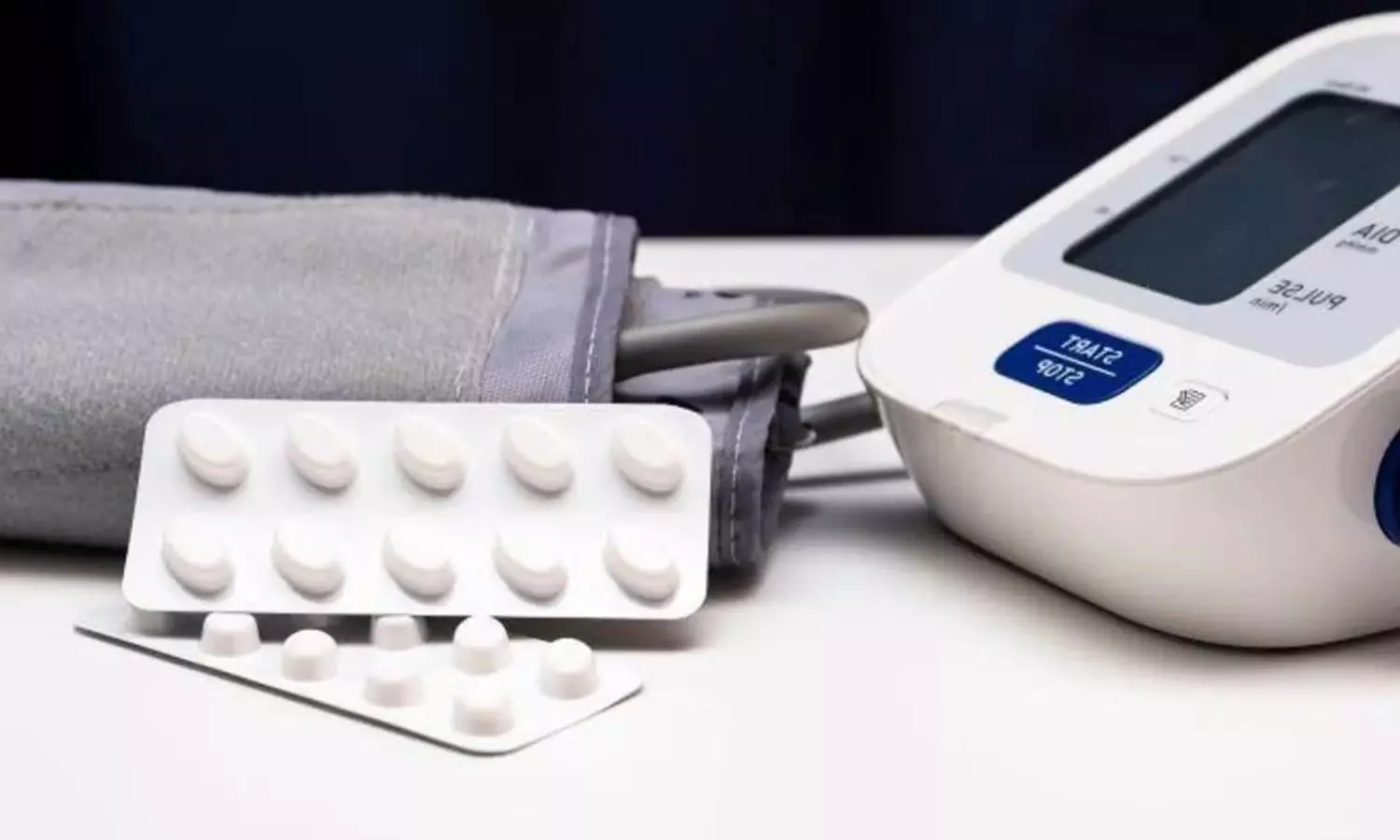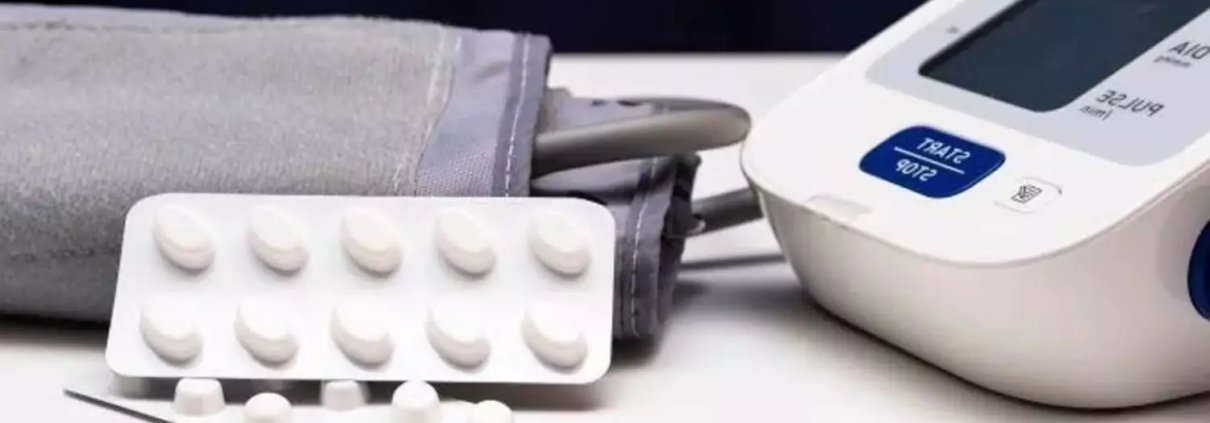Severe Hyperglycemia Linked to Poor Outcomes in Patients with Large Ischemic Stroke, finds study

A recent analysis of the RESCUE-Japan LIMIT trial revealed that severe hyperglycemia significantly worsens outcomes for patients with large ischemic region strokes, even when treated with effective interventions like endovascular therapy (EVT). The study published in the Journal of the American Heart Association highlighted the impact of elevated blood sugar levels on recovery and complications in stroke patients by focusing the critical aspect of stroke management.
The trial focused a total of 200 patients with a median age of 76.5 years and an average blood glucose level of 131 mg/dL. Participants were randomly assigned to either EVT or standard medical management. Blood glucose levels on admission were categorized into 3 groups as normoglycemia (<140 mg/dL), moderate hyperglycemia (140–179 mg/dL), and severe hyperglycemia (≥180 mg/dL). Each group was analyzed for functional recovery and complications, particularly symptomatic intracranial hemorrhage (ICH), within 90 days.
The major findings indicate that severe hyperglycemia was strongly associated with poor functional recovery. The proportion of patients achieving a modified Rankin Scale score of 0–3, signifying minimal disability, was only 6.5% in the severe hyperglycemia group when compared to 25% in the normoglycemia group and 24.5% in the moderate hyperglycemia group. Adjusted odds ratios (aORs) highlighted the stark difference, with severe hyperglycemia showed an aOR of 0.17 when compared to normoglycemia.
The risk of symptomatic ICH was markedly higher in patients with severe hyperglycemia (25.8%) when compared to the ones with normoglycemia (2.5%) or moderate hyperglycemia (6.1%). Also, the incidence of ICH varied based on treatment and glycemic status. In normoglycemic and moderately hyperglycemic patients, ICH rates were similar between EVT and medical management. However, in severely hyperglycemic patients, EVT carried a disproportionately higher risk of symptomatic ICH (36.8%) when compared to medical management (8.3%).
When compared to 18.4% in the moderate group and 10% in the normoglycemic group, this study also underlined the prevalence of diabetes among hyperglycemic patients, with 71% of the severe hyperglycemia group having pre-existing diabetes. This highlighted the potential role of diabetes as a contributing factor in poor stroke outcomes. Overall, these findings illuminate the importance of glucose management in acute stroke care.
Source:
Tanaka, K., Yoshimoto, T., Koge, J., Yamagami, H., Imamura, H., Sakai, N., Uchida, K., Beppu, M., Matsumaru, Y., Matsumoto, Y., Kimura, K., Ishikura, R., Inoue, M., Sakakibara, F., Morimoto, T., Yoshimura, S., & Toyoda, K. (2024). Detrimental Effect of Acute Hyperglycemia on the Outcomes of Large Ischemic Region Stroke. In Journal of the American Heart Association. Ovid Technologies (Wolters Kluwer Health). https://doi.org/10.1161/jaha.124.034556



